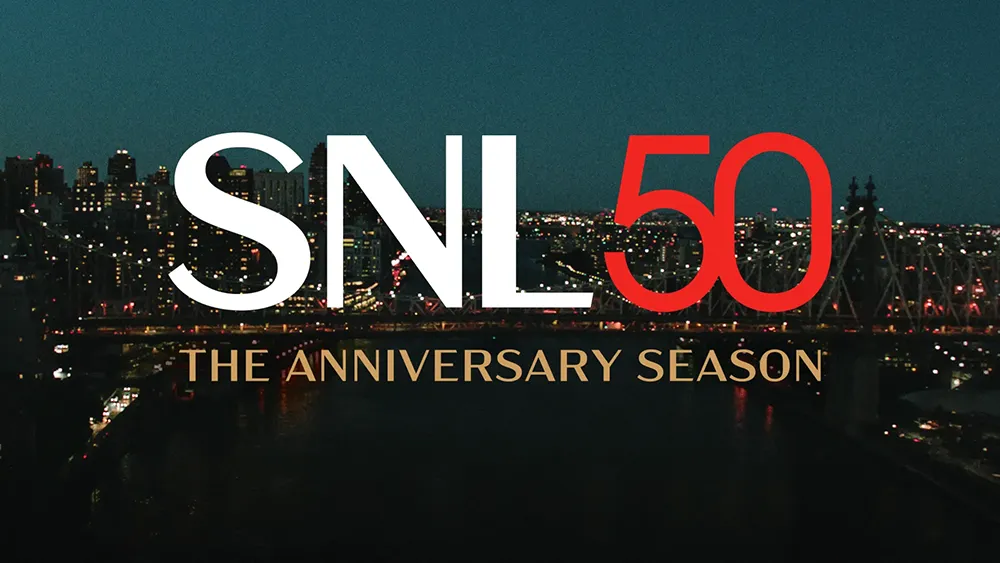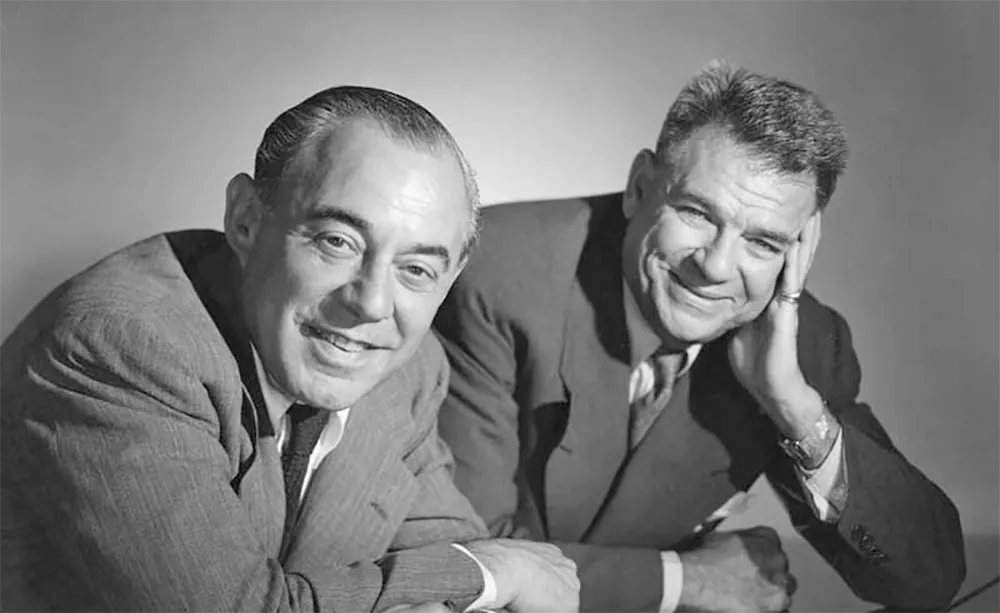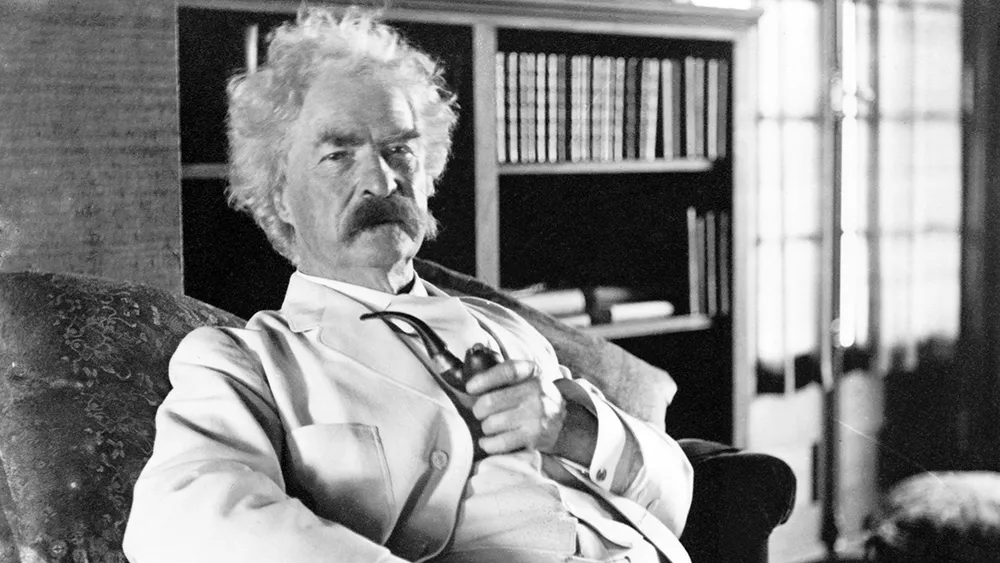Blog
Comedy Extracts
Comedy

"SNL" had its first episode on October 11, 1975 -- that’s almost 50 years ago. People doubted the potential of a show full of comedians following current trends with parodies of the week’s political happenings with social commentary. Obviously, we know now that it was successful.

"Oklahoma!" opened on Broadway in 1943, beginning the golden age of musicals and cementing Rogers & Hammerstein as rom-com geniuses with "South Pacific" and "The King and I" being my favorites.
The most popular radio programs in the 1930s were "Amos ‘n Andy," "The Jack Benny Program," "Fibber McGee and Molly" and "The George Burns and Gracie Allen Show."
Gilbert and Sullivan wrote 14 comic operas from 1871 to 1896. "HMS Pinafore," "The Mikado and Pirates of Penzance" are still commonly performed by summer stock across America.
Aristophanes was the “Father of Comedy” in Ancient Greece, parodying Alcibiades, Euripides and the Gods themselves in "The Birds, The Frogs, The Clouds" and other brilliant works of satire following the Peloponnesian War.
Each of these time periods is notable for political upheaval, post-war chaos and/or economic depression. Quite simply, when life is too difficult to handle, we create, watch, listen to and embrace the comedic. Some people would say it’s to lighten the mood or lift our spirits. I say the purpose of comedy in these moments is to face the hardship head-on. To be capable of talking about hard things, we need to laugh.
My friend, Beth Kelly, says
The only difference between tragedy and comedy is that in comedy, the characters figure it out in time.
They resolve the tragic conflict, devastating situation or depressing state of affairs. The same things that make a tragedy tragic, make a comedy satisfying.
The Greek origin mashup word was kōmōidos, or comic poet, was created by combining kōmos, which means revel, and aoidos, which means singer. The term "tragedy" (τραγωδία) in ancient Greek literally translates to "goat song.” Aristotle, in his "Poetics," defined tragedy as "an imitation of an action that is serious, complete and of a certain magnitude; in language embellished with each kind of artistic ornament, the kind found in the separate forms of poetry; in the form of dramatic action, not of narrative; through pity and fear affecting the proper catharsis of these emotions.”
Some things are too big to address with catharsis.
There were five forms of drama to Aristotle: tragedy, comedy, epic (heroic figures, often in verse), dithyrambic (choral performances, often religious rituals) and lyric poetry (personal emotions and thoughts). Originally, the word comedy didn’t apply to something that was funny. For Aristotle, comedy represents human beings as "worse than they are." Comic characters are not necessarily evil, just ridiculous and laughable.
Aristotle contrasts comedy with tragedy, which represents humans as "better than they are".
Why represent people as worse than they are? To be able to give the audience that feeling of “At least I’m not that guy! At least I’m not that angry, stupid, self-indulgent or self-absorbed. I hold onto the better things of life. I’m more courageous, temperate and full of liberality (spending money well). I live well, take appropriate pleasure in accomplishments and stature. I’m concerned with the noble rather than the petty. I am gentle, truthful, witty, friendly, modest, righteous and just. Not like that guy.”
Think of the typical comic super-villain. They are funny, not just evil. And really just the name “comic” if you think in terms of Aristotle’s "Poetics," where people are worse than they are. It’s about the villain, not about the superhero.

Mark Twain was probably America’s first stand-up comic. He spent 1884-1885 and then 1895-1896 traveling the world to sold-out auditoriums where he told stories about racism, religious hypocrisy, imperialism and political corruption. These stories formed the basis for "Huckleberry Finn" and "The Innocents Abroad."
With the unpredictable news that we read every day, I offer only one certainty for the future: the comedy is going to be epic.
